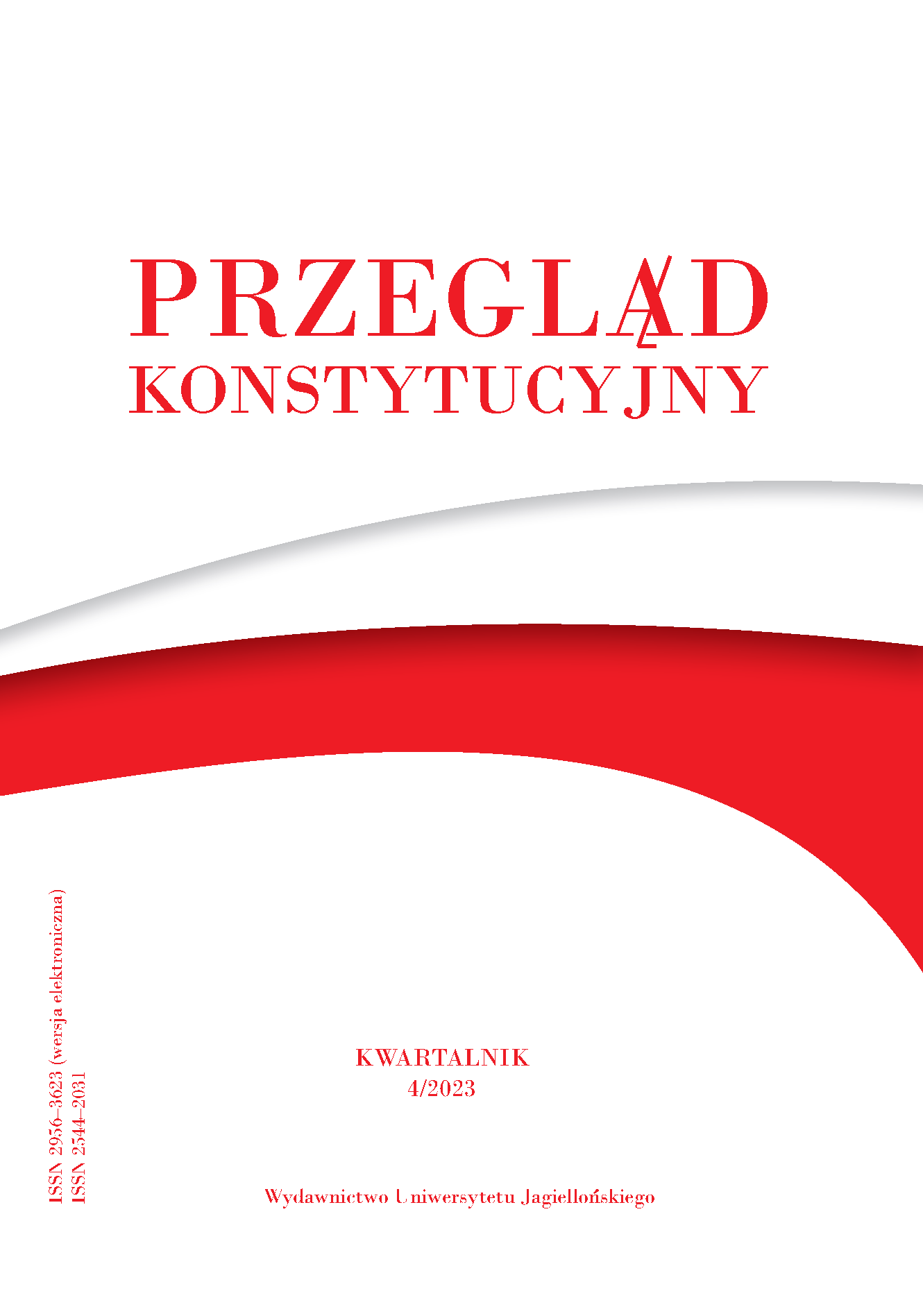Efekt mrożący
Chilling effect
Author(s): Wojciech BrzozowskiSubject(s): Politics / Political Sciences, Politics, Social Sciences, Law, Constitution, Jurisprudence, Civil Law, Human Rights and Humanitarian Law, Civil Society, Public Administration, Government/Political systems
Published by: Wydawnictwo Uniwersytetu Jagiellońskiego
Keywords: freedom of expression; self-censorship; suppression of rights; smear campaigns; SLAPP
Summary/Abstract: The chilling effect is a real threat to freedom of expression and unfettered public debate. It occurs when, as a result of the conduct of public authorities, an individual decides to refrain from freely exercising his or her rights, even though they have not been formally restricted or taken away. This self-restraint is caused by fear of the negative consequences of freely exercising one’s rights, which leads the individual to calculate whether the action in question, although formally lawful, is cost-effective. Such a fear should be real and therefore at least substantiated by objective factors. The account is less obvious if the renunciation of the exercise of rights is based on a threat that is unreal or vague.In legal discourse, the chilling effect is also identified, not necessarily correctly, in different contexts. First, it is sometimes recognised in cases of pressure by political authorities on independent judges. Second, it is claimed in relations between non-state actors, especially between government-sponsored private agencies that launch smear campaigns against political opponents, or between internet platforms and their users. Such use of the chilling effect doctrine may be intellectually appealing, but ultimately dilutes its meaning.It is much easier to identify a chilling effect when it is assumed to be the consequence of a flaw in the design of a legal provision than when it is alleged to result from acts of application of the law. In the latter case, the concept of chilling effect seems to serve two main purposes: the criticism of bad practices on the part of public actors, and the strengthening of the persuasiveness of judicial decisions that employ the concept. Its usefulness for legal analysis is therefore limited.
Journal: Przegląd Konstytucyjny
- Issue Year: 2023
- Issue No: 4
- Page Range: 37 - 53
- Page Count: 17
- Language: Polish

